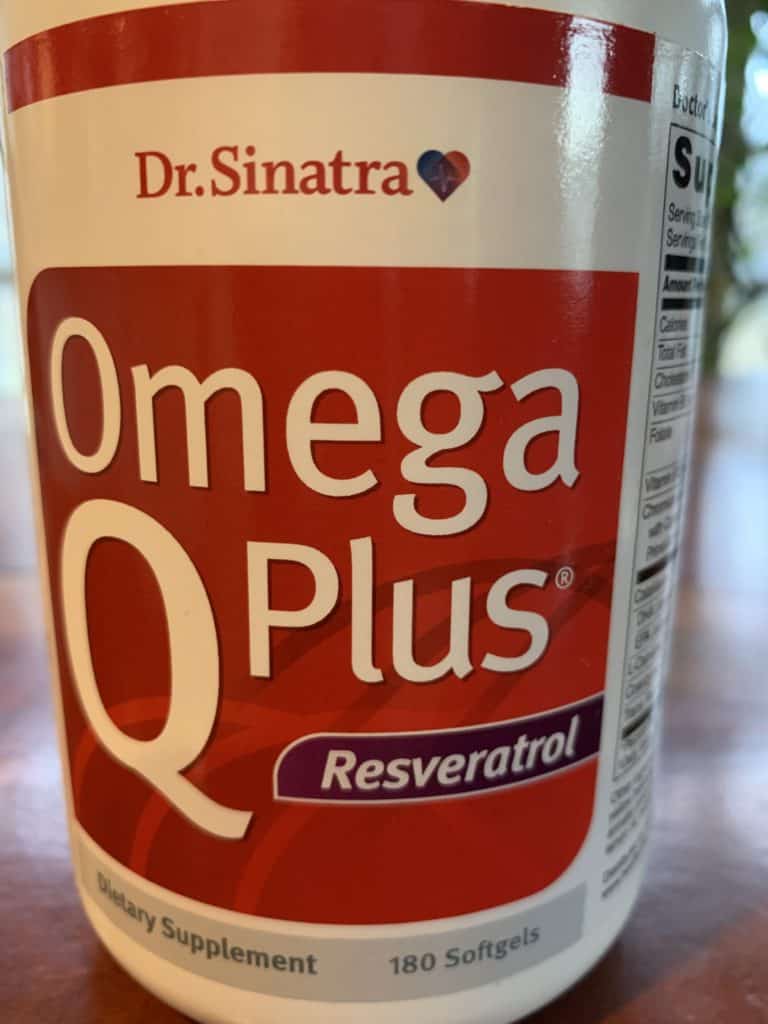Gardening For Health

The Benefits of Stressed Plants
We’re not the only ones who get stressed out sometimes—plants do, too. And believe it or not, some stressed plants may actually benefit our health.
Dr. David A. Sinclair, author of Lifespan: Why We Age—And Why We Don’t Have To claims that organic vegetables might be better for you since they have to work harder to defend themselves and therefore produce stress compounds that might be good for us. Sinclair mentions resveratrol and sirtuins as examples of compounds made by plants when insects eat them or they are water stressed (they get too much or too little H2O).
Stress compounds accumulate in high levels as a result of some form of injury or disturbance to the plant’s metabolism. These compounds are involved in various crude drugs formed pathologically such as gums and oleoresins, so they’re of special interest in the pharmaceutical industry. Another group of compounds known as phytoalexins help plants build resistance to diseases caused by fungi and bacteria.

There is great variability in the chemistry of stress compounds. In grape vines (Vitis vinifera), the fungus botrytis cinereal triggers a chemical defense to produce resveratrol. Resveratrol and proteins called sirtuins are found in red wine, dark chocolate, green tea, capers, citrus, apples, blueberries, parsley, turmeric and kale. The grape plant manufactures resveratrol in the skin of the fruit to deter gray mold. Resveratrol acts as an antioxidant, anti-inflammatory, anti-platelet aggregating factor and anticancer agent. It may also reduce the risk of coronary heart disease. Resveratrol is also found in large quantities in Japanese knotweed (polygonum), an invasive species. It is often sold as a dietary supplement.
Sirtuins are a class of proteins with enzymatic activity that might delay the aging process and regulate metabolism and stem cells. In 2006, Sinclair reported that obese mice that got doses of resveratrol lived longer than fat mice who didn’t—about 30 percent longer.
In recent years, however, some of these studies have been challenged. Scientists are still trying to figure out the nature of aging. But if you’re stressing out about potential stress on your plants, know that a little insect damage might not be a bad thing.
